
François Mitterrand
출생 : 1916-10-26, Jarnac, Charente, France
사망 : 1996-01-08
약력
François Marie Adrien Maurice Mitterrand (26 October 1916 – 8 January 1996) was President of France, serving under that position from 1981 to 1995, the longest time in office in the history of France. As First Secretary of the Socialist Party, he was the first left-wing politician to assume the presidency under the Fifth Republic.
Reflecting family influences, François Mitterrand started political life on the Catholic nationalist right. He served under the Vichy Regime during its earlier years. Subsequently he joined the Resistance, moved to the left, and held ministerial office several times under the Fourth Republic. Mitterand opposed Charles de Gaulle's establishment of the Fifth Republic. Although at times a politically isolated figure, he outmanoeuvered rivals to become the left's standard bearer in the 1965 and 1974 presidential elections, before being elected president in the 1981 presidential election. He was re-elected in 1988 and remained in office until 1995.
François Mitterrand invited the Communist Party into his first government, which was a controversial decision at the time. In the event, the Communists were boxed in as junior partners and, rather than taking advantage, saw their support erode. They left the cabinet in 1984. Early in his first term, he followed a radical left-wing economic agenda, including nationalisation of key firms, but after two years, with the economy in crisis, he reversed course. He pushed a socially liberal agenda with reforms such as the abolition of the death penalty, the 39-hour work week, and the end of a government monopoly in radio and television broadcasting. His foreign and defense policies built on those of his Gaullist predecessors, except as regards their reluctance to support European integration, which he reversed. His partnership with German Chancellor Helmut Kohl advanced European integration via the Maastricht Treaty, and he reluctantly accepted German reunification. During his time in office, he was a strong promoter of culture and implemented a range of costly "Grands Projets". He was the first French President to appoint a female Prime Minister, Édith Cresson, in 1991. François Mitterrand was twice forced by the loss of a parliamentary majority into "cohabitation governments" with conservative cabinets led, respectively, by Jacques Chirac (1986–1988), and Édouard Balladur (1993–1995). Less than eight months after leaving office, he died from the prostate cancer he had successfully concealed for most of his presidency.
Beyond making the French Left electable, François Mitterrand presided over the rise of the Socialist Party to dominance of the left, and the decline of the once-mighty Communist Party (As a share of the popular vote in the first presidential round, the Communists shrank from a peak of 21.27% in 1969 to 8.66% in 1995, at the end of François Mitterrand's second term.) ...
Source: Article "François Mitterrand" from Wikipedia in English, licensed under CC-BY-SA 3.0.

Self (archive footage)
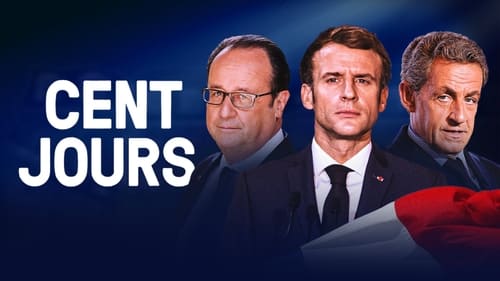
Self
From the first minutes after his inauguration, the newly elected president wants to translate his promises and his campaign project into action. "Change is now", "Change life", "Together everything becomes possible": all campaign slogans promising a break with the past, a change. The first few months were decisive: it was a matter of making a mark, asserting one's style, imposing one's authority and taking the first measures, those that would make a mark on public opinion and set the first lines of the political narrative in history. From 1959 to 2017, the eight successive presidents have acted without delay. Thanks to the many witnesses and actors of these first hundred days, the film retraces the stakes and decisive moments that marked the beginning of each mandate.
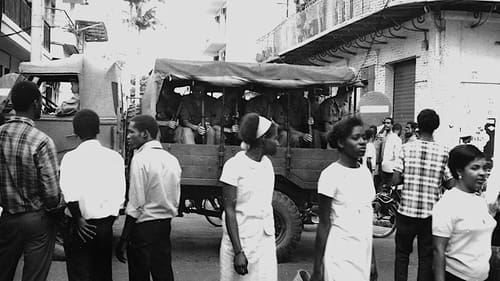
Self (archive footage)
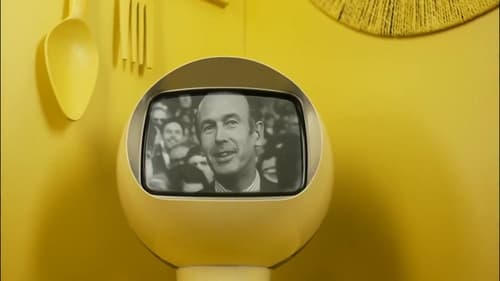
Self (archive footage)
In May 1974, Valéry Giscard d'Estaing became President of the Republic and wanted to bring about a new era of modernity. One of his first decisions was to break up the ORTF with the creation of three new television channels: TF1, Antenne 2 and FR3. Three new public channels but autonomous and competing. It is a race for the audience which is engaged then, and from now on the channels will make the war! This competition will give birth to a real golden age for television programs, with variety shows in the forefront. The stars of the song are going to invade the living rooms of the French for their biggest pleasure. This unedited documentary tells the story of the metamorphosis of this television of the early 1970s, between freedom of tone, scandals, political intrigues and programs that have become mythical.
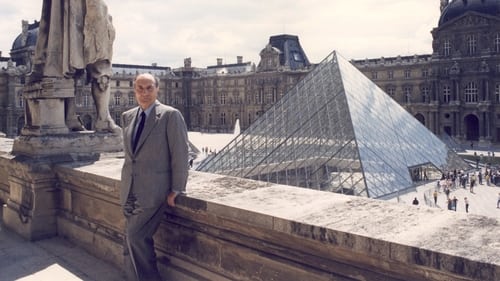
Self (archive footage)
On the occasion of the fourty years anniversary of François Mitterand's election, a look back to the relationship between the President and artists, from admiration to manipulation.
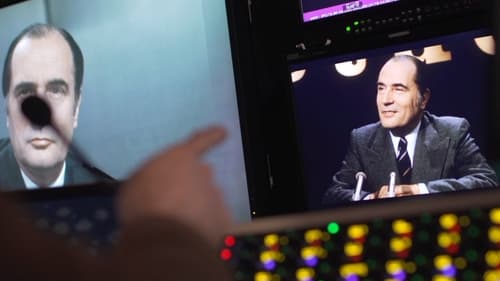
Self (archive footage)
May 10th, 1981. François Mitterrand is elected President of the Republic. The “soviet tanks” supposedly coming upon the Champs-Élysées dressed in red, feared by some, did not march. Serge Moati takes a personal look at this episode, focusing on the relationship the president had with television, that he witnessed and played a role in.
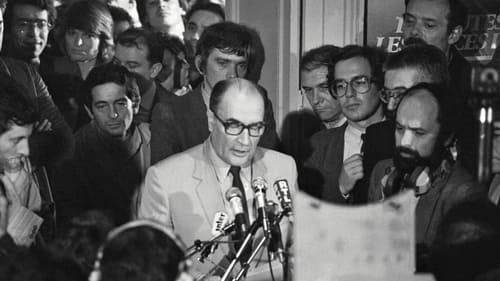
Self (archive footage)
Fourty years ago, in May 1981, with François Mitterrand's election, some people were letting themselves dream about a better life while others were predicting the coming of soviet tanks upon the Champs-Élysées. If we gladly remember the turning point of austerity in 83, there were also the wage rises, the fifth week of paid leave, the abolition of death penalty, the decriminalisation of homosexuality, or the advent of independent radio stations. Rare archives and accounts by those who were at the heart of this story give an overview of it and shed light on lesser-known aspects.

Self (archive footage)

Self (archive footage)
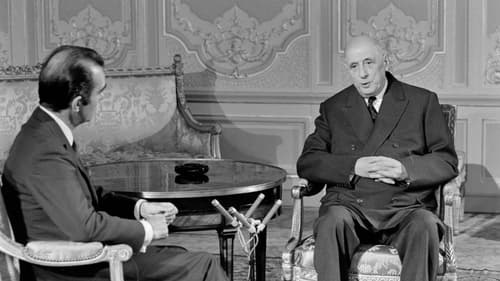
Self (archive footage)
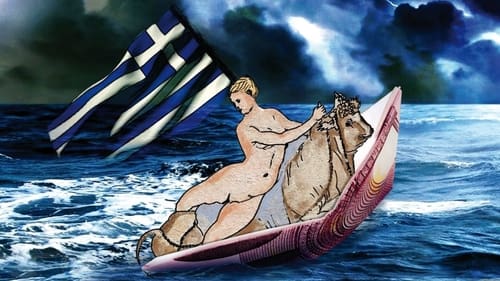
Self (archive footage)
A journey through Greece and Europe’s past and recent history: from the Second World War to the current crisis. It is a historical documentary, a look into many stories.
«If Democracy can be destroyed in Greece, it can be destroyed throughout Europe»
Paul Craig Roberts
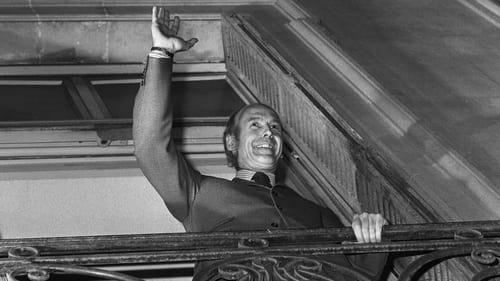
Self (archive footage)

Self (archive footage)

Self (archive footage)
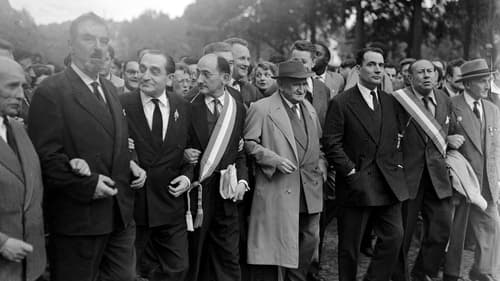
Self (archive footage)
On October 4, 2018, France celebrated the 60th anniversary of the Fifth Republic. It is a republic born in the throes of the Algerian War and one which—from the day it was founded by General de Gaulle until the presidency of a very Jupiterian Emmanuel Macron—has been assailed as a “Republican monarchy” by partisans of a more assertive parliamentarian state. By revisiting the struggle of those who dared oppose the new regime — only to suffer a crushing defeat on September 28, 1958, when they were barely able to garner 20% of the vote against the constitutional text — this film shines a powerful new light on the origins of the Fifth Republic and its consequences for the next 60 years. It is a constitutional debate that planted the seeds for a complete upheaval of the French political landscape, on the left in particular, and set the country in motion toward what would be called the Union of the Left.
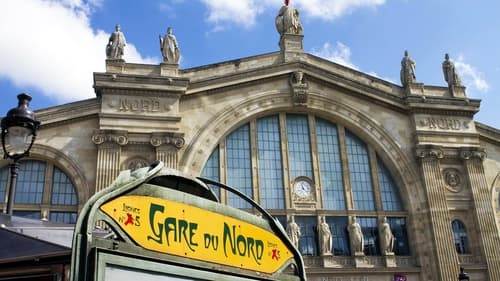
Self (archive footage)

self
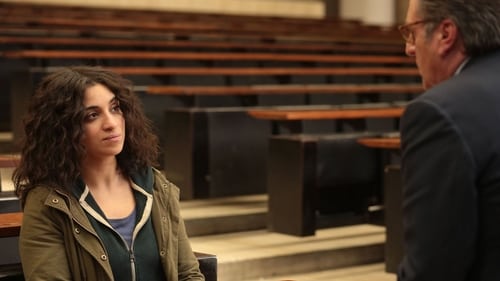
Self (archive footage)
Neïla Salah grew up in Créteil, a tower block suburb on the outskirts of Paris, and dreams of becoming a lawyer. She has been accepted into a major university in Paris and on her first day there she is confronted by Pierre Mazard, a professor known for his provocative behavior and blunders.
To make amends for an incident, he accepts to help Neïla prepare for a prestigious competition in courtroom eloquence. Both cynical and demanding, Pierre could become the mentor who she needs... But first both must overcome their prejudices.
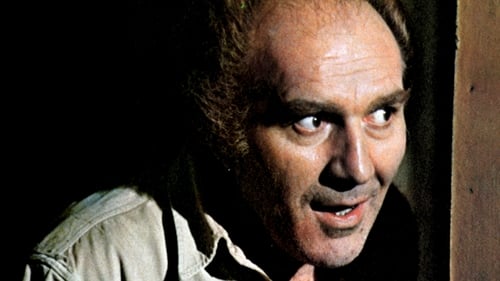
Self - Politician (archive footage)
A captivating portrait of French actor Michel Piccoli, who has worked with the greatest filmmakers of his time and has built a dazzling career of remarkable merit and success, focusing on his work during the 1970s and his professional relationship with Claude Sautet, Romy Schneider, Marco Ferreri and Luis Buñuel.
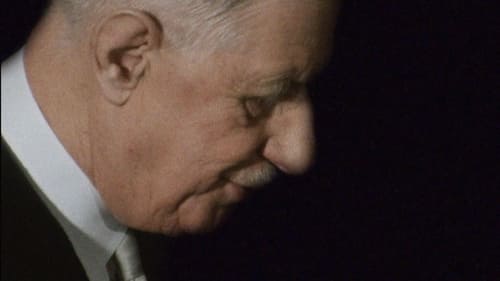
Self (archive footage)
Charles de Gaulle, the first president (1958-1969) of the Vth Republic, France’s current system of government, left his mark on the country . He was statesman of action and has been compared to a monarch. This film depicts the general’s personality through the great events of his presidential term, at a time when the world was undergoing considerable changes.
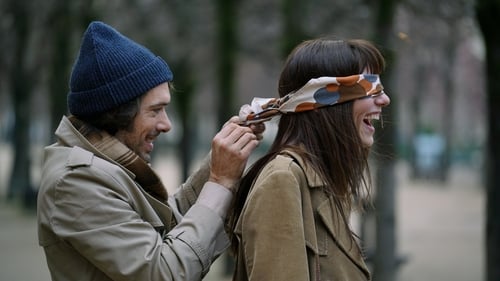
Self (archive footage)
Chapter 1: 사라, 전략적 기회 1971년, 파리의 낡은 클럽을 환히 밝히는 무명작가 빅터에게 한눈에 반해버렸다. 우연을 가장한 적극적인 전략으로 그의 주변을 맴돌며 나를 사랑하게 만들었다. 우리의 특별한 사랑으로 그는 '아델만'이라는 필명으로 성공적인 작가 데뷔를 했다. 그러나 그의 인기가 높아질수록 나는 외로웠고, 이제 우리의 관계를 다시 쓰려 한다. Chapter 2: 빅터, 사랑의 반전 곡선 1995년, 사라는 나에게 영감을 불어넣는 인생의 뮤즈이자 1호 팬이 되었다. 이제는 내 소설의 전부인 사라의 미소 없이는 글을 쓸 수도 숨을 쉴 수도 없다. 마침내 공쿠르상을 수상한 성공적인 작가가 되었지만, 세월이 흐를수록 아름다워지는 사라가 영영 내 곁을 떠날 것만 같아 두렵다. Chapter 3: 미스터 앤 미세스 아델만 2016년, 사라 아델만과 빅터 아델만의 45년간의 드라마틱한 러브 스토리 그리고 필명 '아델만'에 숨겨놓은 두 사람의 영원한 비밀 이야기
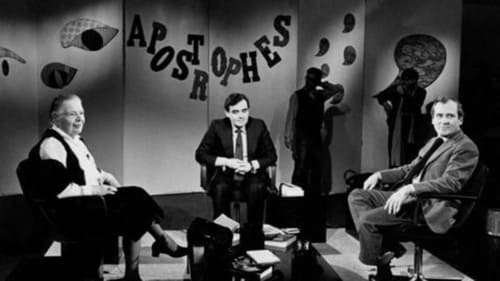
Self (archive footage)
40 years of "Apostrophes". Hours and historical meetings, Pierre Assouline has composed an anthology of the best extracts presented in the form of a primer, which he had commented on by a surprised Bernard Pivot.
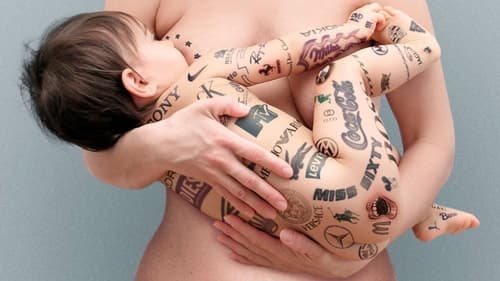
Self (archive footage)
In the last 250 years, free-market ideology has played a central role in the development of the logic and rhetoric that have influenced the daily life of populations throughout the world. It was cornered for a few decades during the twentieth century in favor of a social economy for the public interest, and then returned to the limelight in the last thirty years of the century to dominate the logics that drive world economies, doing the favor of the elites at the expense of 99%. Through the testimony of six people informed about the facts, Laissez-faire offers a historical and ideological perspective through which to identify the fundamental problems of the economic mechanism on which societies are based.
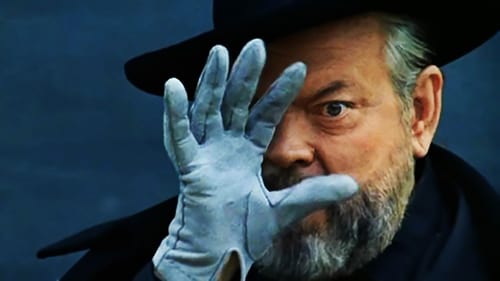
Self - Politician (archive footage)
The extraordinary life of Orson Welles (1915-85), an enigma of Hollywood, an irreducible independent creator: a musical prodigy, an excellent painter, a master of theater and radio, a modern Shakespeare, a magician who was always searching for a new trick to surprise his audience, a romantic and legendary figure who lived only for cinema.

Self (archive footage)

Self - President of France (archive footage)
Owners of Portugal is a documentary about one hundred years of economic power.
The film portrays the State protection to families that dominated the country's economy, their strategies for power and wealth accumulation.
Mello, Champalimaud, Espírito Santo - big families intersect by marriage and integrate by finance. Threatened by the end of the dictatorship, their power is restored under democracy, through privatization and promiscuity with politics. New economic groups - Amorim, Sonae, Jerónimo Martins - grow on the same basis.
As the crisis unravels the limits of Portuguese economic development model, this film presents the actors and the main choices that brought us here.

Self (archive footage)
"What could be more unsettling than a man close to death whose profound arrogance drives him relentlessly to hang onto both his power and his writing, to the bitter end?" In the twilight of his second seven-year term, François Mitterrand was alone. Ravaged by illness and abandoned by a large majority of the Socialist Party, who would not forgive him for the disastrous outcome of the March 1993 elections, the Head of State was preparing to tackle a second round of cohabitation with the right wing. However a series of unexpected tragedies and revelations would arise, casting a shadow over the end of his reign…

Self
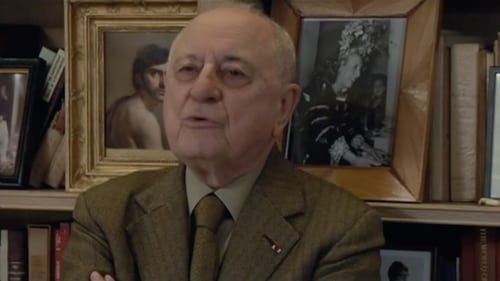
Self (archive footage) (uncredited)
1958년 이브가 맡은 디올의 첫번째 콜렉션에서 피에르 베르제와 이브 생 로랑은 처음 만난다. 그 날 이후 열정적인 사랑, 엄청난 성공 그리고 내밀한 상처로 뒤얽힌 50년의 시간을 함께 보낸 두 사람. 그리고 2008년 이브 생 로랑이 세상을 떠난 후 피에르 베르제는 그들이 평생에 걸쳐 수집했던 미술품 콜렉션을 경매에 내놓는다. ‘세기의 경매’라 불렸던 그들의 콜렉션은 3억7천3백50만 유로(한화 약 6천억 원)에 달하는 단일 경매 사상 최고의 낙찰액으로 화제가 되었고, 수익금 전액은 에이즈 재단에 기부되었다. 장례식과 경매 행사가 이어지는 가운데, 그들의 수집품으로 가득 찬 파리의 아파트와 마라케시의 마조렐 정원 그리고 노르망디의 샤토 가브리엘을 오가는 이브와 피에르의 마지막 여정이 펼쳐진다.

Self (archive footage)
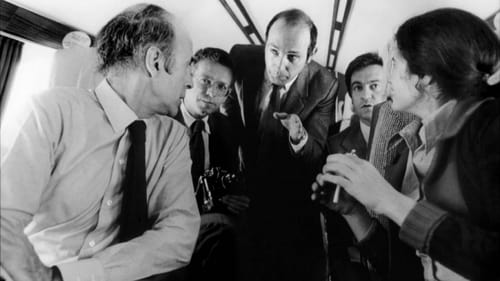
Self
Following the 1974 French presidential campaign with Valery Gicard d'Estaing

Self
This documentary tells two stories simultaneously: it's a profile of Bernard Tapie, a wealthy man who rises and falls spectacularly in French society and may be on the rise again; and, it's a look at Marina Zenovich's fascination with Tapie, behaving oddly in spite of her awareness that she's being irrational. Politicians, athletes, friends, companions, and journalists comment on Bernard's charm, his rise to prominence in sports and politics, and his subsequent trouble with the law. Zenovich becomes fixated on her need to interview Tapie, becoming virtually a stalker in her quest.

Self

Self (archive footage) (uncredited)
A woman goes to Cannes and, lost in its chaos and unable to obtain tickets, ends up watching it on television from her hotel room.

Self
Since the contemporary turn of the century short subjects of Georges Melies, the first French-made film to discuss the long taboo topic of the Dreyfus Case.
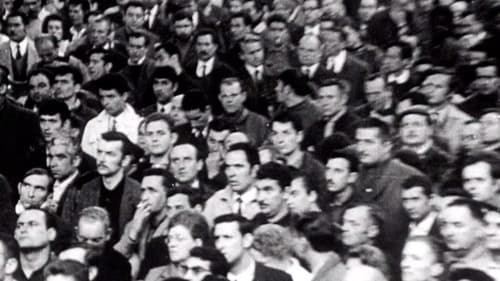
Self (archive footage)
Guy Debord's analysis of a consumer society.
































